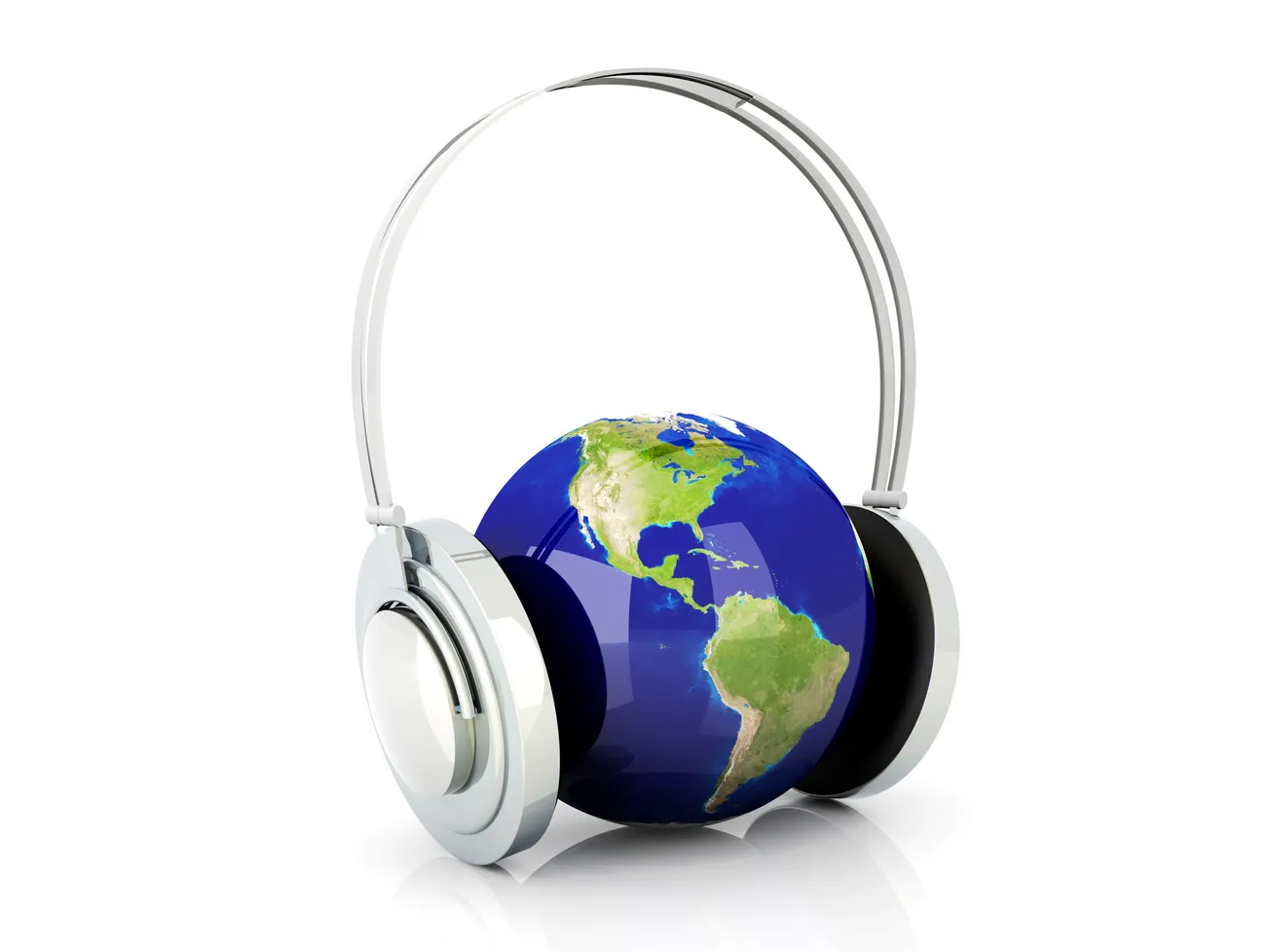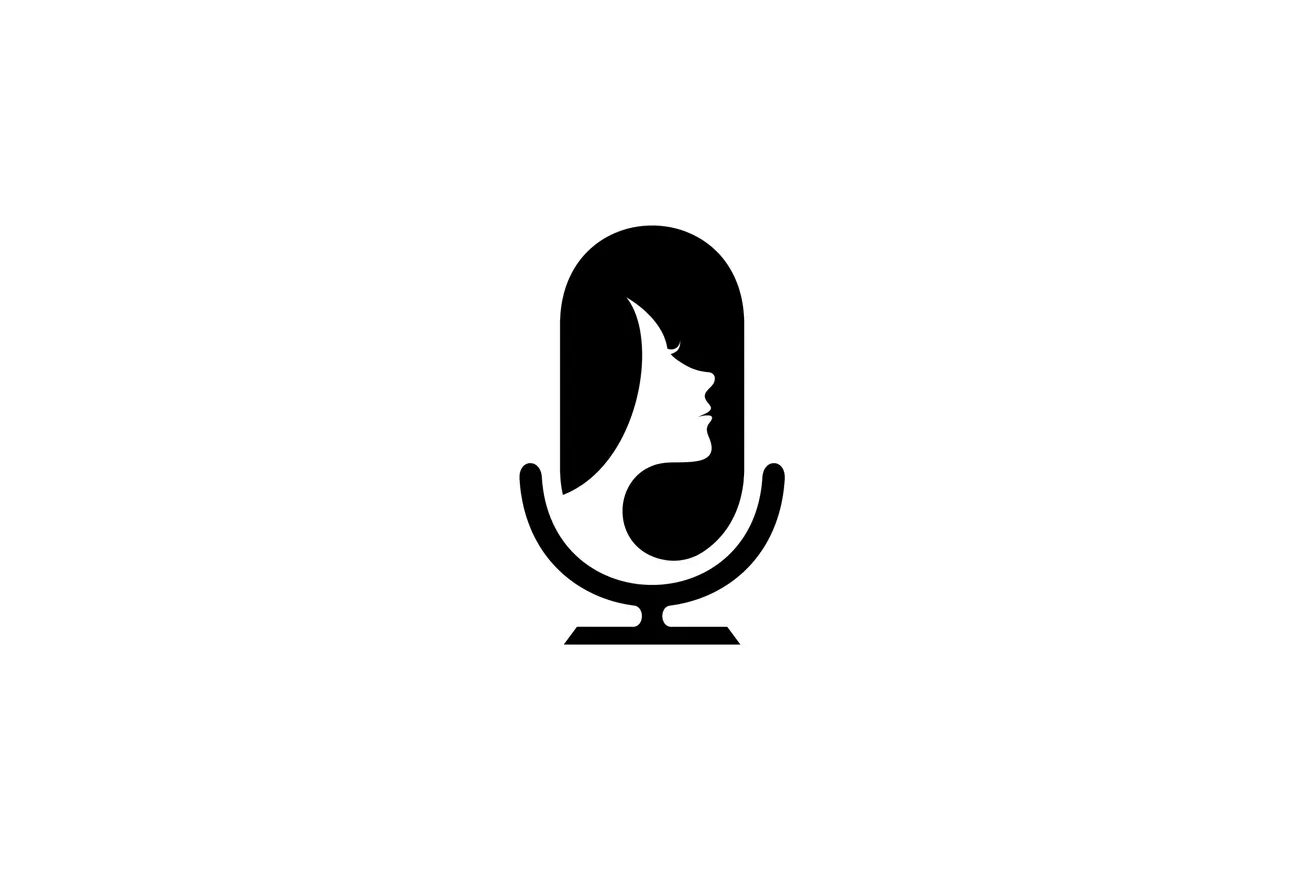Podcasting in Latin America has undergone significant transformations over the past few years, emerging as a dynamic and rapidly growing sector.
Once a niche medium, podcasts are now a prominent part of the digital media landscape in the region, driven by increasing internet penetration, smartphone adoption, and a rising demand for diverse content.
However, this growth has not been without challenges. Recent developments, including the impact of Spotify’s strategic shifts and the evolving preferences of listeners, have significantly shaped the industry.
Spotify has played a pivotal role in the growth of podcasting in Latin America. The platform’s aggressive expansion into the podcast space began in earnest around 2019, when it commissioned a wave of original content tailored to the Latin American audience.
This move helped catalyze a podcast boom in the region, making "podcast" and "Spotify" almost synonymous. By 2023, Spotify had become the dominant podcast platform in Latin America, with a staggering 90% of listeners in the region opting for it over other platforms like Apple Podcasts and Google Podcasts.
However, the very success of Spotify also led to challenges. The company’s high-volume strategy, while initially effective in building the industry, eventually proved unsustainable. By 2024, Spotify began scaling back its investment in original podcasts, a move that left many creators and listeners in the region in a state of uncertainty.
The retreat of such a significant player has raised questions about the long-term viability of the podcasting ecosystem in Latin America, especially in terms of content diversity and monetization.
The podcasting landscape in Latin America is characterized by a unique consumption pattern. Unlike in North America, where audio-only podcasts dominate, Latin American listeners have shown a strong preference for video podcasts. YouTube, rather than traditional podcast platforms, has emerged as a major player in the region, offering unparalleled accessibility and cost-effectiveness.
This preference for video content has been a defining feature of the Latin American podcasting market, influencing both content creation and distribution strategies.
Moreover, despite lower overall internet penetration rates compared to Western Europe and North America, Latin America is poised to surpass these regions in total podcast listeners by 2025. This paradox highlights the region's potential as a podcasting powerhouse, driven by a young and increasingly connected population eager to consume digital content.
One of the most pressing challenges facing the podcasting industry in Latin America is monetization. Despite the rapid growth in listenership, the financial returns have been relatively modest. In 2023, the entire region generated only $62.5 million in podcast ad revenue, a stark contrast to the $2 billion industry in the United States. This gap underscores the need for more sophisticated monetization strategies and greater investment from advertisers.
Furthermore, the industry in Latin America faces hurdles in terms of professionalization. Issues such as the lack of robust attribution metrics and concerns over brand safety have hindered the ability of creators and advertisers to maximize the potential of podcasts. Addressing these challenges will be crucial for the continued growth and sustainability of the podcasting ecosystem in the region.
Despite these challenges, the future of podcasting in Latin America looks promising. The region’s young population, coupled with expanding internet access, presents a vast and largely untapped market for podcasts. As connectivity improves, particularly in rural areas, the number of potential podcast listeners is expected to surge, offering new opportunities for creators and platforms alike.
Innovation will also play a key role in the industry’s evolution. Live podcasting, cross-promotion, and the integration of AI-driven tools like Opus Clip for social media distribution are some of the strategies that podcasters are increasingly adopting to expand their reach and engage with audiences.
Additionally, the rise of subscription models and platforms like Patreon is enabling creators to monetize their content more effectively, offering a sustainable path forward in an increasingly competitive market.
The podcasting industry in Latin America is at a critical juncture. While the initial boom, fueled by platforms like Spotify, has brought the medium into the mainstream, the industry now faces the challenge of sustaining this growth amidst shifting market dynamics. With the right strategies and investments, Latin America is well-positioned to become a global leader in podcasting, driving innovation and setting trends that could influence the industry worldwide.









